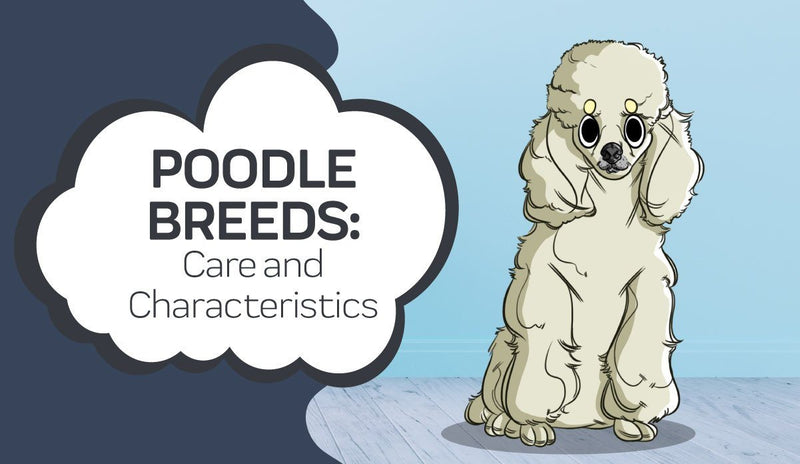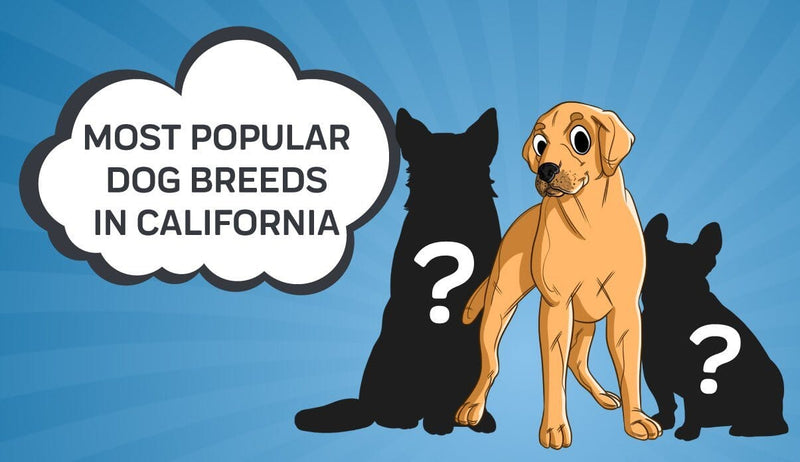
There are dog people and there are cat people. You likely love both furry pets quite a bit yourself, but most of humanity certainly has an affinity toward one over the other. Each animal offers its own type of companionship and affection, and we’ll likely lean toward one over the other based on what soothes our specific personality.
One such common need our favorite pets fulfill is loneliness. While many pets are integral parts of a nuclear family, they are also the best friends of single adults throughout various stages of life. And as it pertains to loneliness, these animals actually play a part in the discussion of mental health.
“A number of psychologists have offered data and theories that suggest that there is a human need to be attached to somebody, to maintain social relationships, and fulfill our personal need for a sense of belonging,” writes Stanley Coren PhD., DSc, FRSC. “It has often been suggested that, in the absence of human companionship, having a pet might provide an important source of social support, and might be enough to fend off these feelings of loneliness and isolation. There have been a few studies which provided data which suggested that this is the case, but they have been a rather small scale, and not based on nationally representative samples.”
In fact, recent research has pushed for government involvement that would encourage and enable more people to have dogs and cats as pets. This includes funding infrastructure like dog parks and supporting local shelters with the resources to operate successfully, as well as providing access to pet water fountains and providing areas where dogs can be walked, and so on. Loneliness, research presented at the first Summit on Social Isolation and Companion Animals by Mars Petcare and the Human-Animal Bond Research Institute pointed out, is as dangerous to physical health as smoking 15 cigarettes a day. The same research equates those consequences to a health epidemic parallel to obesity.
"When we think about loneliness, we need attachment figures and pets meet that need," says Nancy Gee, human-animal interaction research manager at Mars' Waltham Centre for Pet Nutrition. ”You don’t have to worry about confidentiality or judgment. It just is what it is."
"The greatest gift of animals is they remind us we can love and be loved unconditionally,” says former Surgeon General Vivek Murthy, who spoke at the conference as well. In fact, Murthy’s work since leaving office has been heavily focused on the subject of loneliness, with animal interaction and pet ownership receiving a lot of his attention. According to Murthy, however, there’s still no final distinction as to whether or not pet ownership leads to healthier people or healthier people are simply more likely to own pets. It’s often a “chicken or the egg” discussion within the mental health research community and a reminder that correlation does not necessarily equal causation.
What did that previous research find?
- More than half (54%) of respondents say their pet helps them connect with other people. And 51% said their pets make them "feel less shy.”
- About one in four pet owners said they got a pet because they know it is good for mental health. More than half of people 55 and over got their pet for that reason.
- Nearly three-quarters (73%) of those surveyed believe nursing homes and assisted-living facilities have a degree of responsibility to foster pet interaction.
So, which animal is better at “curing,” or at least soothing our loneliness? A new study in Germany set out to uncover the answer to that exact question. Their data came from the German Aging Survey which began back in 1996, surveying individuals older than 40 who live in communities for the elderly. The study focused on seniors living without a partner, specifically widows and widowers older than 65-years old, divorced, separated, or simply still single in their later years. Of the entire German Aging Survey, this accounted for 1,160 adults, of which each was interviewed and asked to rate their relatability or “truthfulness” in statements like "I feel like I do not really belong to society" or "I feel that I am left out.” The participants were then grouped into three cohorts: those with dogs, those with cats, and those who had neither pet.
When it comes to feelings of social isolation, owning a cat or having no pet at all resulted in the most socially isolated individuals. In fact, there’s no psychological benefit to having cats, according to Corner. Living with dogs is a net positive, however. Dog ownership in this study was found to reduce the sense of social isolation and further, the effects seem to be greater amongst women compared to men.
“When you look at the results for feelings of loneliness, it turns out that the loneliest people are individuals who do not own pets and, just as in the case of social isolation, the researchers found that simply owning a cat does not reduce these feelings,” writes Corner. “Dog ownership, however, does decrease feelings of loneliness significantly in women, although only marginally for men. The researchers suggest that this sex difference comes into play because, in Germany, where the study was conducted, older men generally have more formal and extensive social supports, which means that human contact is available and the pet is not leaned upon as much to provide psychological comfort.”
So what is it about dogs that allows them to have such a notable scientifically-supported effect on our mental well-being, whereas cats seem to be missing this special gift? According to Corner, the answer may come from the most obvious of dog care duties.
“I was out walking my younger dog when I ran into another retired professor who lives in my neighborhood,” Corner writes about his revelation. “He was walking his schnauzer. We stopped and chatted for a few minutes, and he brought me up to date on some gossip about matters at the university. I, in turn, provided a bit of news to him about one of our mutual friends.
For that brief moment at least, I felt fully plugged into society and my social environment. As we parted and I headed for home, it dawned upon me that if my only pet had been a cat, that conversation would never have occurred. The simple needs of a dog for exercise force a senior (like me) to get out of the house—and thus provides the opportunity for social encounters and interactions. Cats simply do not move you out of the door where you can make contact with the rest of the world.”
















